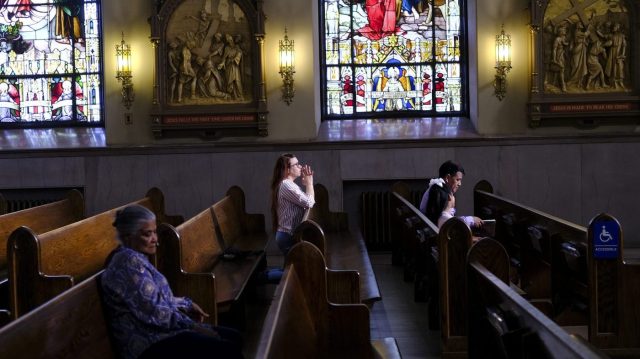Faith Fade: Why Millennials and Gen Z Are Ditching Traditional Religion

A recent Gallup poll reveals a significant shift in religious attitudes among younger generations in America. The study highlights a growing trend of declining religious affiliation, with approximately one-third of Generation Z and Millennials now identifying as non-religious.
This demographic transformation signals a profound cultural change, as younger Americans increasingly move away from traditional religious practices and beliefs. The data suggests a generational divide, with younger adults showing less connection to organized religion compared to their parents and grandparents.
The trend reflects broader societal shifts, including increased secularization, greater exposure to diverse worldviews through technology, and changing social perspectives. As young Americans become more independent and critically minded, they are reevaluating traditional religious institutions and personal spiritual practices.
While the decline in religious identification is most pronounced among younger generations, it also indicates a broader national transformation in how Americans approach spirituality and personal belief systems. Researchers and sociologists continue to study this evolving landscape of religious engagement in the United States.
